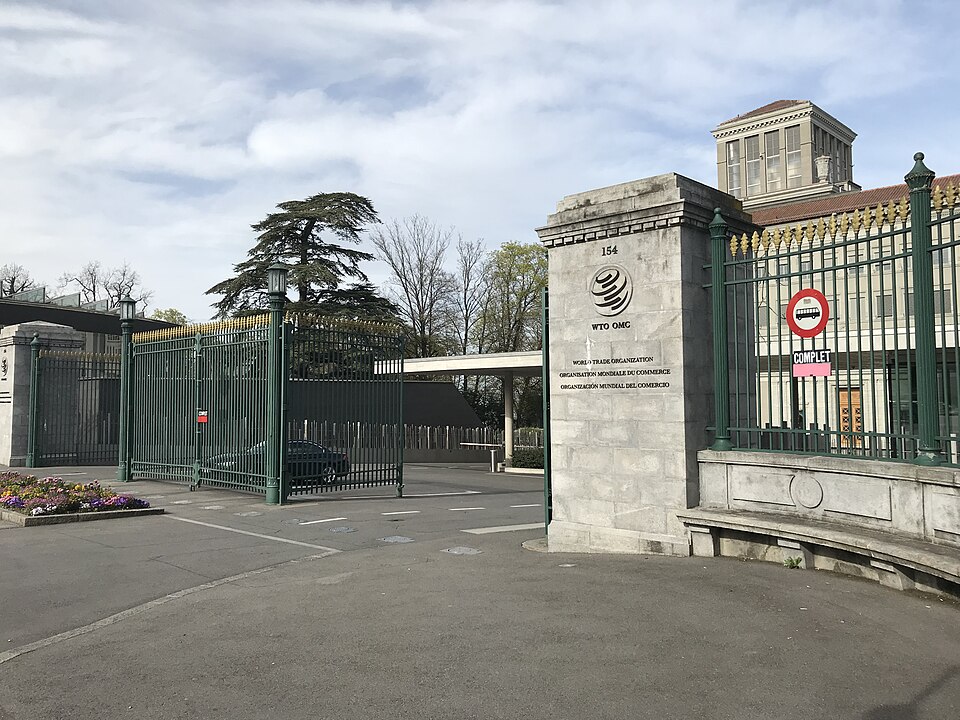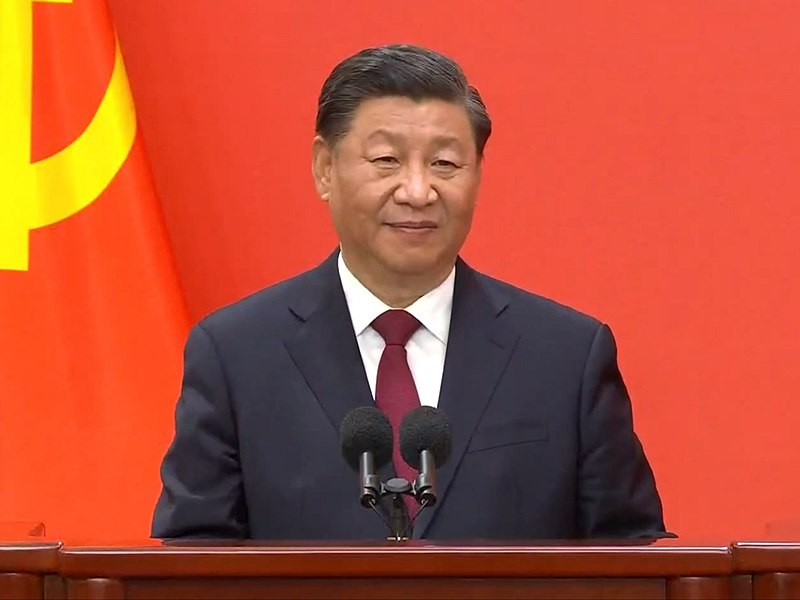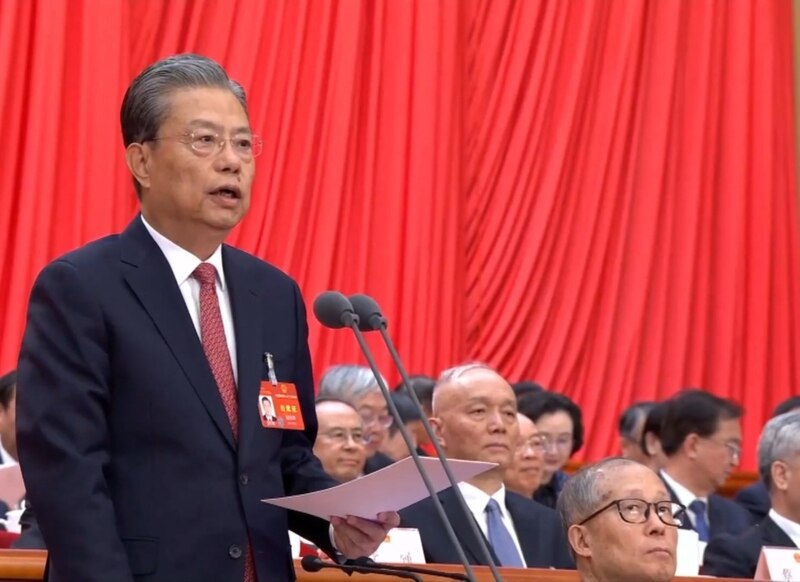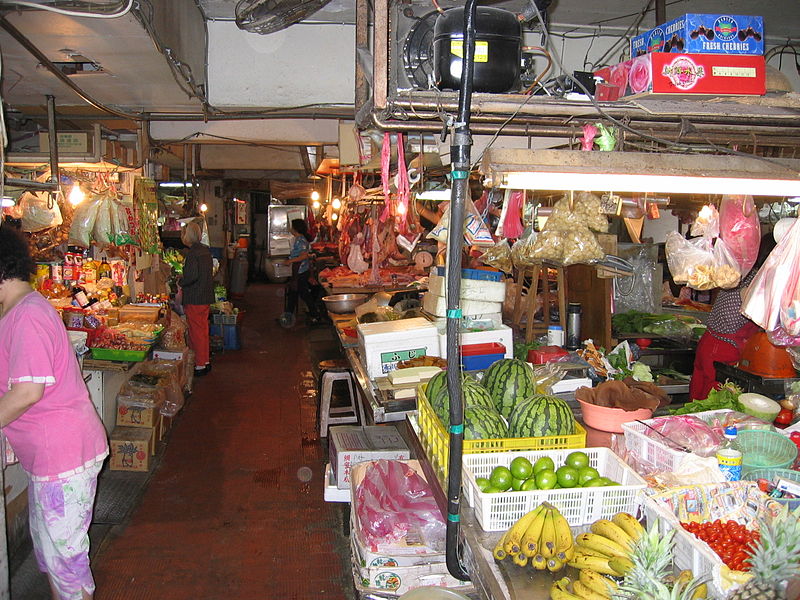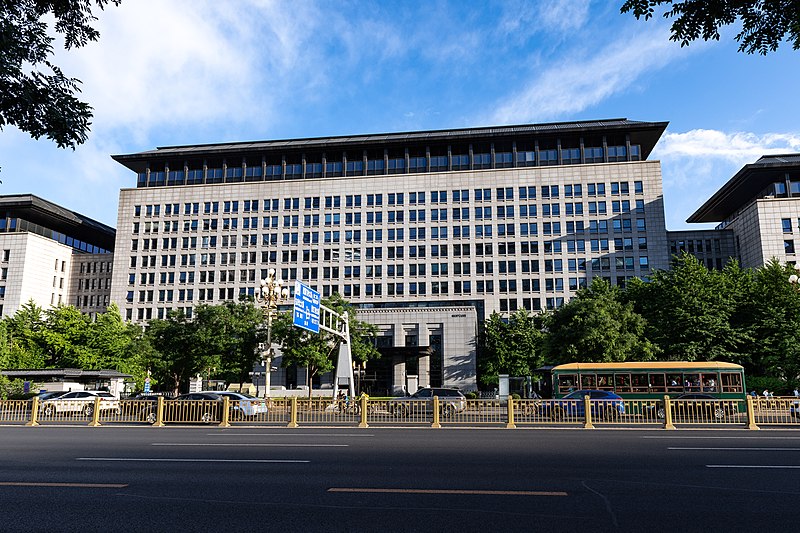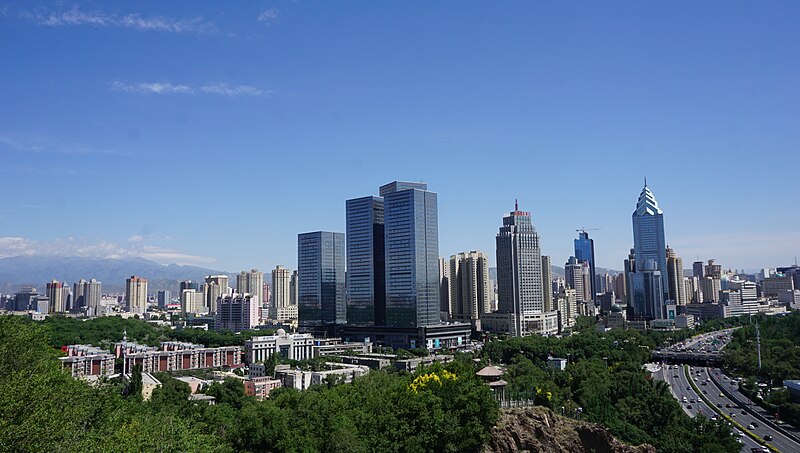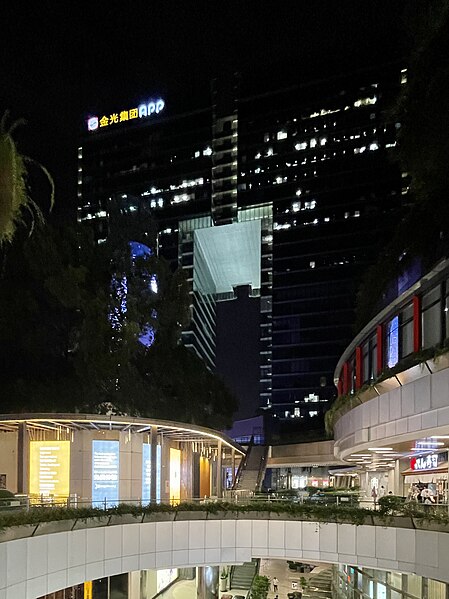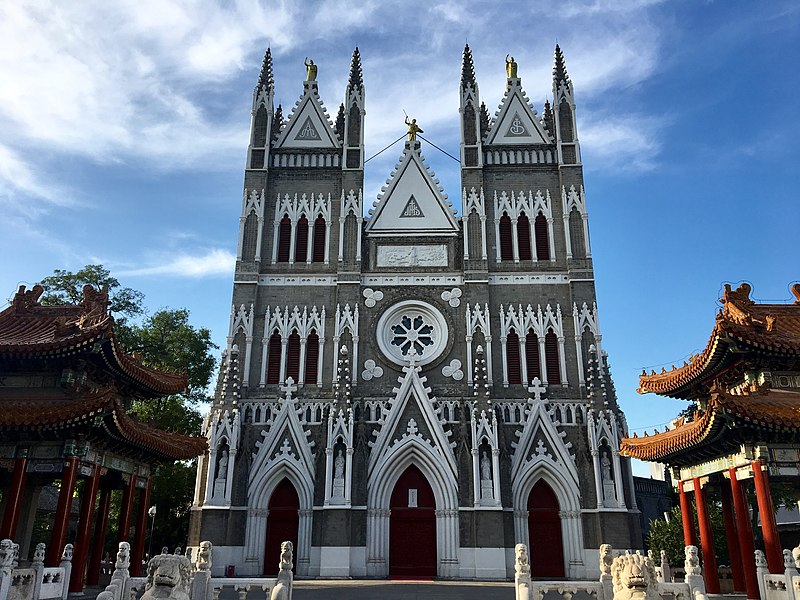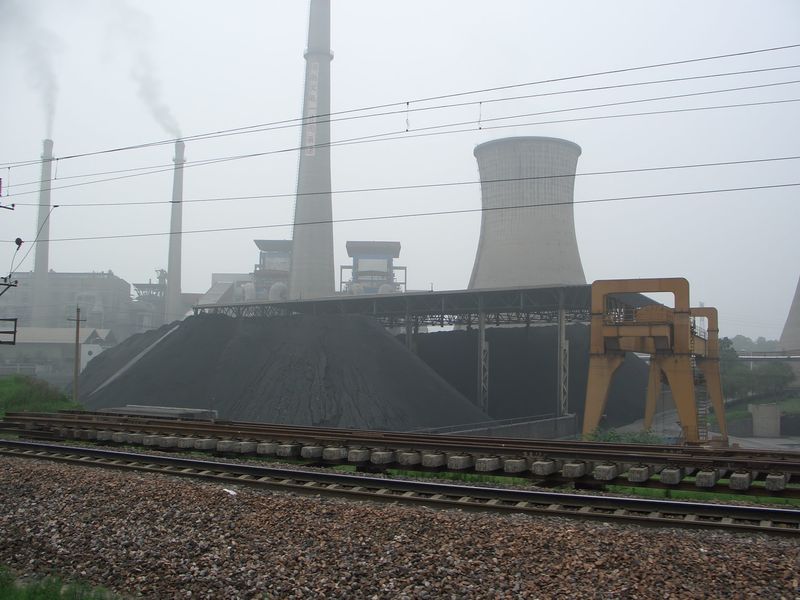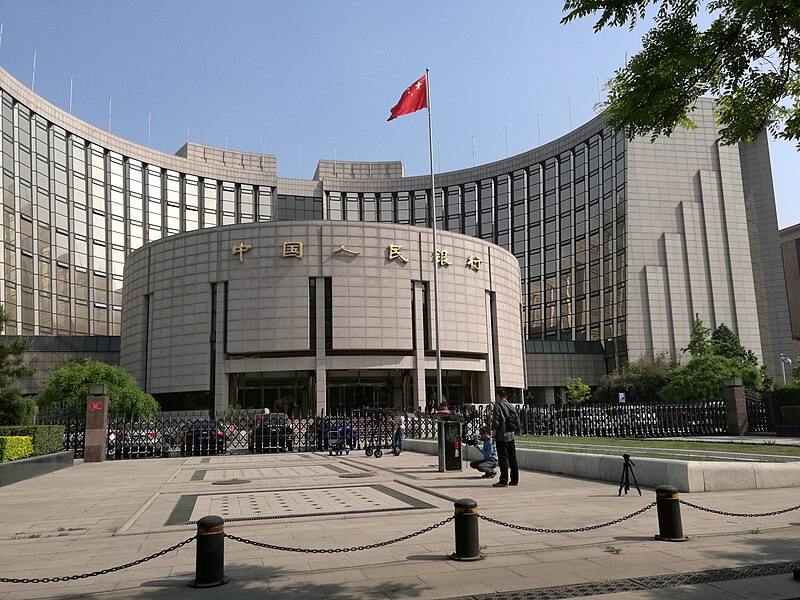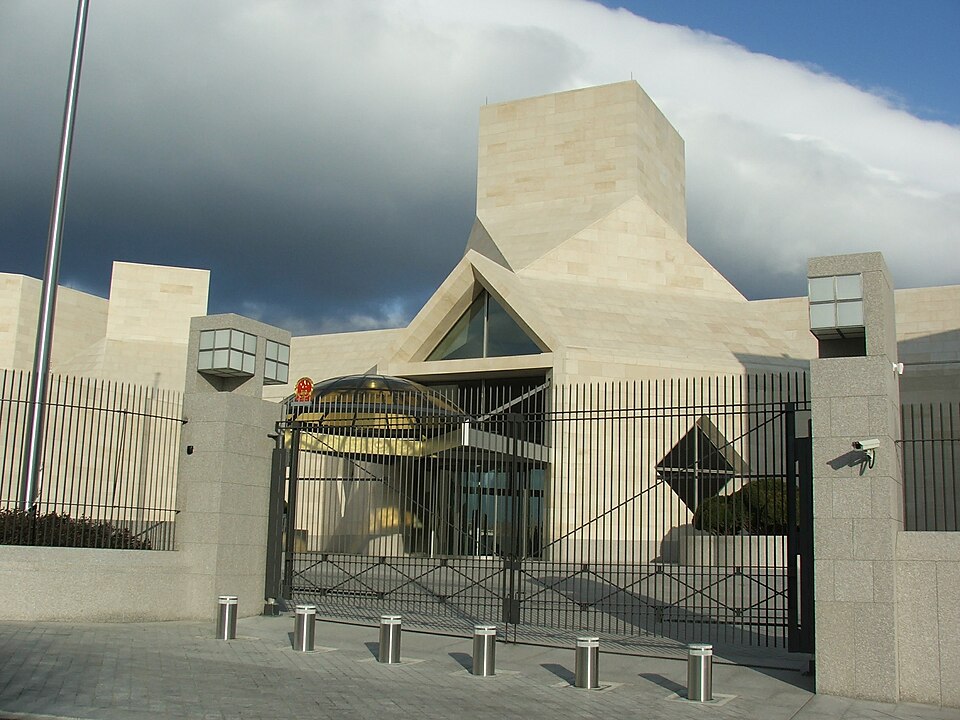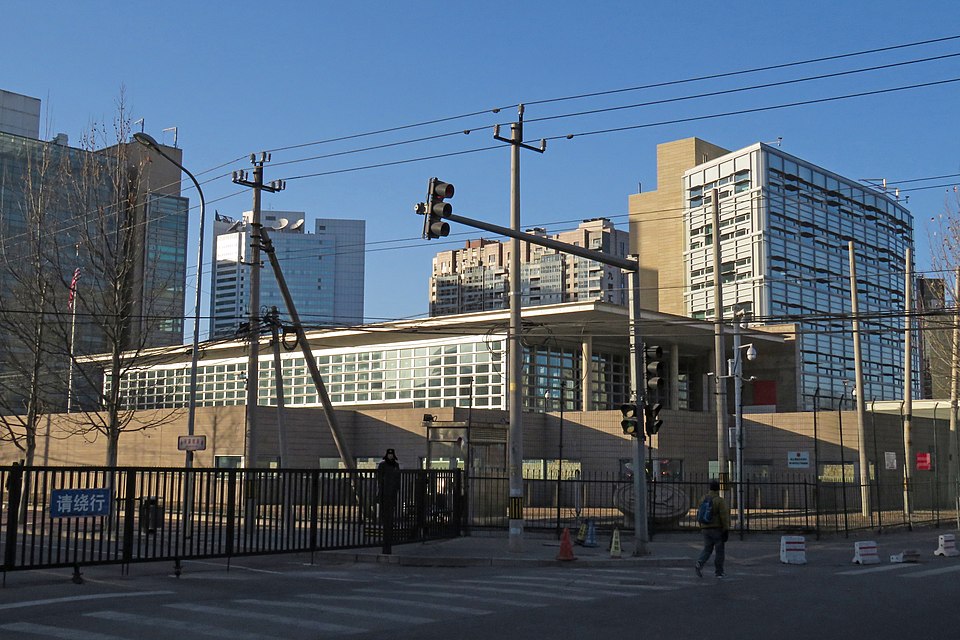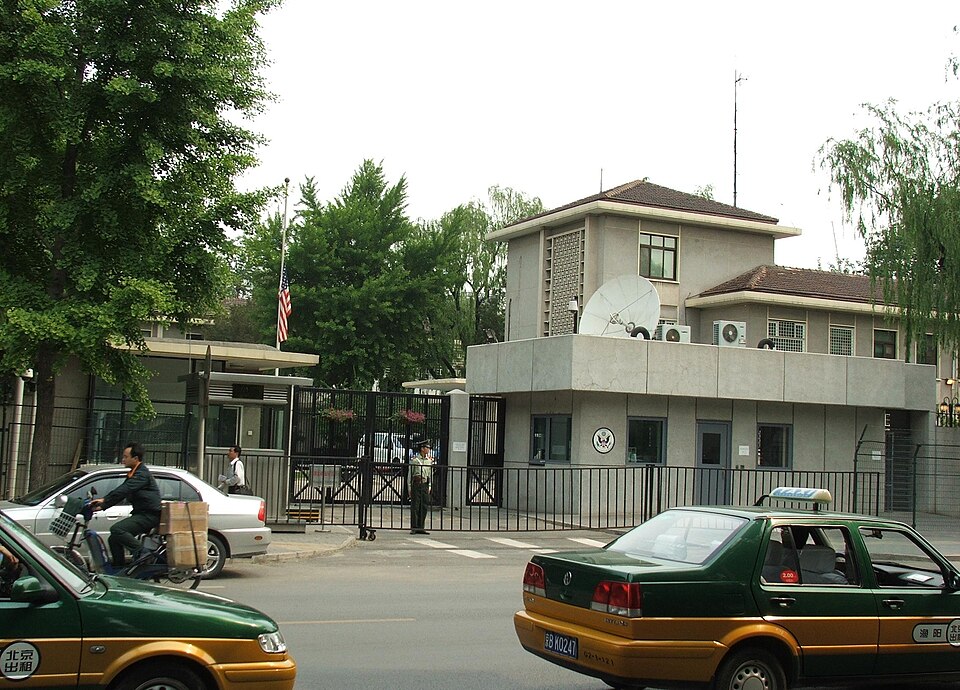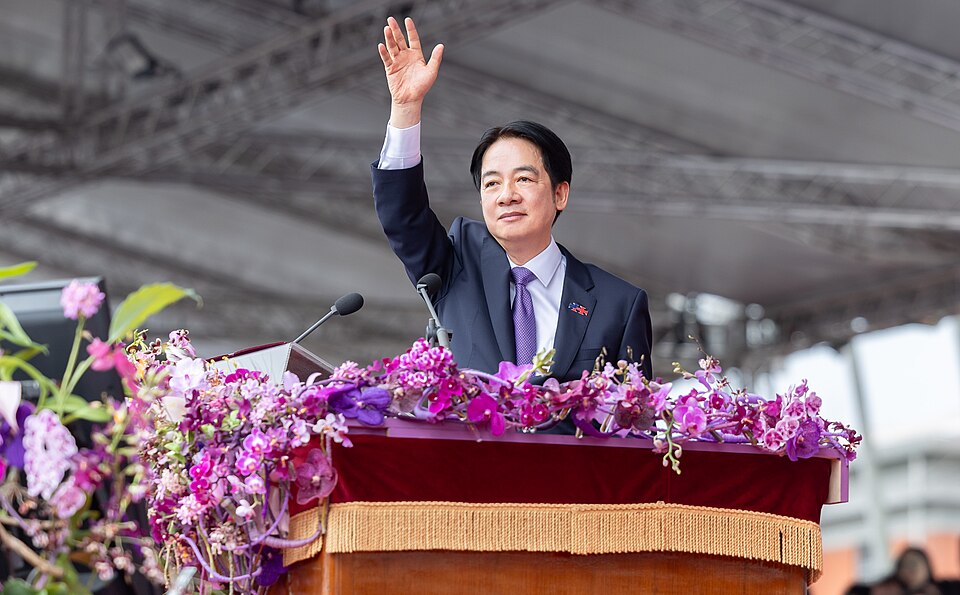
Taiwan President Lai Ching-te firmly asserted on Sunday that Taiwan is "of course" a country, dismissing China's claims to the island as lacking both historical and legal foundation.
His comments come amid growing political and military pressure from Beijing.
China views Taiwan as part of its territory, claiming the island has been a "sacred" part of China since ancient times. It insists Taiwan is a province with no right to statehood.
President Lai and his administration reject that narrative and have repeatedly offered to engage in talks with Beijing—offers that have so far been rebuffed. China, in turn, has labeled Lai a "separatist."
In the first of a 10-part speech series titled "Uniting the Country," Lai highlighted Taiwan’s distinct historical path, including its indigenous Austronesian heritage shared with groups such as native Hawaiians. He noted that under Qing dynasty rule, Taiwan was considered a Chinese province for only eight years. He also cited the island's resistance to colonial powers, including uprisings during Japan's occupation from 1895 to 1945.
"Of course Taiwan is a country," Lai said during a speech at a Rotary International branch in Taiwan, referencing the island’s vibrant democracy and presidential elections. "But China says no, that Taiwan is not a sovereign country."
China's Taiwan Affairs Office did not respond to a request for comment. Beijing often cites the 1971 United Nations resolution that transferred China’s seat from Taipei to Beijing as legal justification for its claim over Taiwan.
Lai rejected this interpretation, saying the resolution addressed only the question of which government represents China at the U.N., not Taiwan’s sovereignty.
He also warned of the ongoing threat posed by China, pointing to its near-daily military activity around the island.
"Taiwan's future can only be decided by its 23 million people—does everyone approve of this?" he asked, receiving a round of applause.
Taiwan’s official name remains the Republic of China, a government that relocated to the island in 1949 after losing the Chinese civil war to Mao Zedong's communist forces. Photo by 中华民国总统府, Wikimedia commons.
